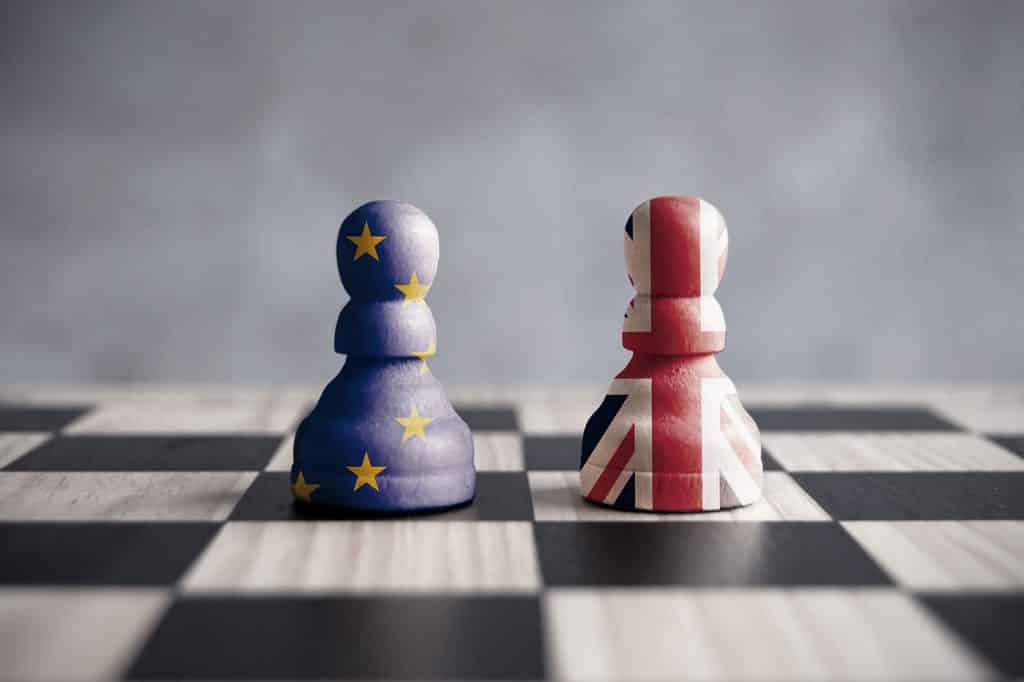When one wants to build their capital, the stock market is often the first port of call. But investing in the stock market is often not worth the stress. In the worst of times, investing in stocks have bankrupted investors.
You wish to invest your money but are frightened that you may lose it all. With the financial crises that we have collectively experienced, one is right to be hesitant.
Fortunately, there is an alternative option. Mutual funds are a great avenue for investors.
But with all the different types of mutual funds available, we cannot blame one for feeling puzzled as to which ones to invest in.
While we aren’t here to advise you, we can explain the different types of mutual funds so you can make a better decision on where to invest.
The Guide to Types of Mutual Funds
A mutual fund is a fund created when a plethora of investors put in their money in securities, bonds, money market instruments, and a variety of other assets.
This pool of money is what you would invest in. The mutual fund is controlled by a money manager who attempts to produce capital gains income for the investors.
We suggest seeking the aid of a financial consultant when deciding to invest.
Here are the different types of mutual funds for you to consider:
1. Equity Funds
Also known as stock funds, this is the most popular type of mutual fund. Equity funds will have different subcategories. These can include subcategories based on the size of the company (large, mid-size, small) or the type of company (tech, finance, etc.)
There are also equity funds defined by their approach—this can include aggressive growth, slow growth, or income-oriented.
To choose the best equity fund, you want to look at the subcategory as well as the investment approach. For example, you may wish to invest in a technology equity fund that has aggressive growth.
2. Fixed-Income Funds
This type of mutual fund offers a set rate of return. These include government bonds and corporate bonds. The mutual fund will generate income which is how the investors earn.
The money manager usually focuses on bonds that are undervalued. They purchase these bonds and then focus on selling them to make a profit. They can be risky as one can never guarantee the outcome or value of the bonds.
There is also the issue of the interest rate risk—which means that the value of the bonds will decrease if interest rates increase. On the plus side, this type of investment usually pays higher than money market investments and certificates of deposit.
3. Index Funds
Index funds have become increasingly popular. With this option, one chooses a portfolio of stocks to invest in. These can include the S&P 500 and the Dow Jones index.
While a money manager would look at these index funds, this type of mutual funds requires a more hands-off approach.
This type of mutual fund is targeted toward the investor on a budget. If you are a beginner to investing, you may wish to consider index funds over other types of mutual funds.
4. Money Market Funds
This type of mutual fund is also a fixed-income mutual fund. This fund focuses on high-quality debt from corporations, banks, and governments. This debt is usually short term.
These type of funds include U.S. Treasuries, commercial paper, certificates of deposit, among others. An ideal money market fund will be: low risk, will produce high yields, and will require low expenses.
These are considered to be one of the safest investments available. They are used by beginners and seasoned investors alike.
5. Balanced Funds
Balanced funds, or asset allocation funds, are a combination of fixed-income funds and equity funds. They have a fixed ratio of the two funds. For example, you may have a balanced fund that is 70% equity fund and 30% fixed-income fund.
One type of balanced fund is target-to-date which alters the ratio to favour equity funds as you get closer to your retirement.
6. Income Funds
This type of fund is intended to provide a continuous income on a regular basis.
Usually, these funds consist of government and corporate debt. The funds hold onto the bonds until they mature and produce interest.
As they provide continuous income, they are usually targeted toward retirees, conservative investors, and can also be beneficial to beginners. But because they produce regular income, one must be aware of possible tax obligations.
7. Foreign Funds
Generally speaking, foreign funds (funds outside of your home country) can be volatile. It is imperative that if one invests in foreign funds, that adequate research is conducted on the stability of the jurisdiction.
At times, the foreign fund can be far riskier than a domestic fund. At other times, the foreign fund may be much safer than domestic funds. Make sure your money manager has adequate experience in managing foreign funds.
You should also do your research on the stability, country, and political risks of other jurisdictions.
As the economies of other nations grow, you may find that investing in a foreign fund is more lucrative than investing in Britain.
8. Speciality Funds
These are usually funds that have gained popularity among investors. There are no set criteria other than the popularity and success of these funds.
For instance, there are sector funds that target particular industries. One can select a successful fund in the technology sector, agriculture sector, or in healthcare. One should be aware of the possible volatility of a sector before investing in it.
Speciality funds can also comprise of regional funds that focus on successful mutual funds in particular regions—ranging from nations to continents (i.e., investing in Peru vs investing in South America as a whole).
Finally, we have seen a keen interest in ethical funds. These are funds for socially-responsible mutual funds such as solar energy, green energy, waste management, etc.
Build Your Portfolio
Now that you know the different types of mutual funds, you are ready to consult your financial advisor and build your portfolio.
Be sure to follow us for more content on technology, finance, business, and economics.





